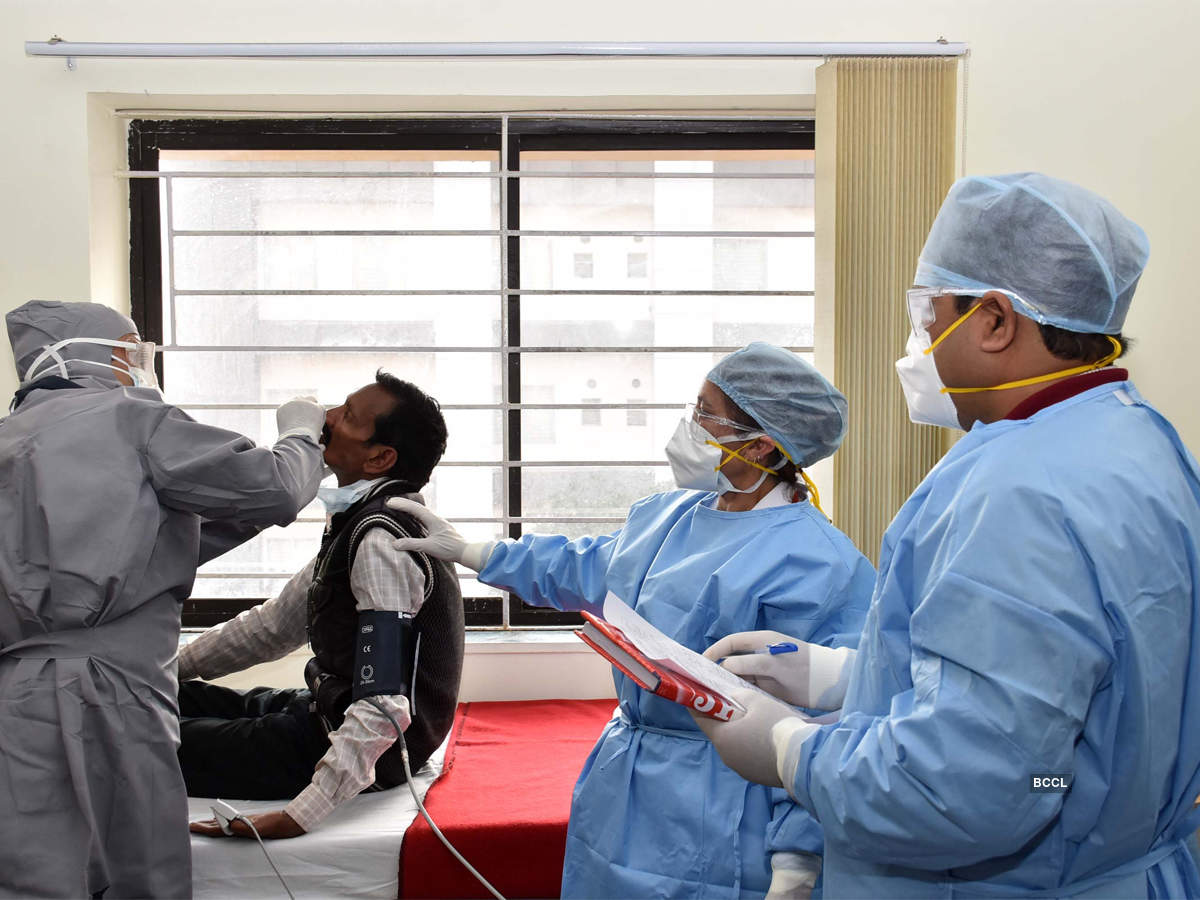During the ongoing pandemic, a lot of well-meaning people from different quarters are suggesting that the government should take over all private hospitals. While this may sound amazing, I ask you to think of what this will lead too. And to understand what this may lead to, we need only to look at some recent incidents.
Let’s look at some things that have happened in government hospitals to doctors in the current pandemic and the recent past;
- Telangana Junior Doctors Association had to go on a silent work boycott as they were being forced to treat patients without any protective gear. It was only after the boycott, the management came forward to start providing personal protective equipment and masks.
- Multiple doctors and medical staff of Hindu Rao Hospital, New Delhi tendered their resignation as they were being asked to work on COVID-19 cases without protective gear. Instead of accepting the resignation, they were threatened with disciplinary action.
- Last year in West Bengal, a doctor was assaulted by patients. When the Doctors went on strike, the state government threatened to invoke the Essential Services Act to mandate that doctors couldn’t strike and demanded that they get back to work or face disciplinary action.
There are multiple such cases, where the threat of disciplinary action used against doctors to shut down their legitimate demands across the country. If the government takes over all private hospitals, it will not hesitate to put the lives of all doctors, medical staff, medical students etc. to risk. Doctors are not gods; they are people, who spent a lot of time and effort to learn what they did and provide a service to other people. They should not, under any conditions, be forced to work in a hostile environment.
A private hospital will rarely put its doctors or other staff at risk cause death or lawsuit could close them down. We have at least two government hospitals, in UP and Rajasthan, that we know of where over 100 children died, but they both are still running.
It is important to understand that in the current crisis, private hospitals had been initially declining to test people because they were not authorised by the government to conduct tests. It is also important to understand that COVID-19 tests need not be free for everyone, but only for those who can’t afford to pay for them. For example, Kanika Kapoor has been tested five times until now. It is ludicrous to suggest she couldn’t have paid for her tests at a private hospital. Allowing private hospitals to test does not mean that poor people will automatically be excluded and not get tested. Instead, it would reduce the load on the government hospitals and allow them to concentrate on reaching out and expanding the testing to the poor and marginalised.
Nationalising private hospitals by the State at this moment will not solve any problems, especially when the government doesn’t even have enough testing kits, protective equipment and masks to provide to its own hospitals.
The argument is not that private hospitals have no role or importance to play or that they get a free pass. Both the government and the private sector need to work together in synergy to deal with the current pandemic. That’s precisely how South Korea (which has a higher population density than ours, managed to test people and flatten the curve extensively). However, when the government is unable to manage its existing resources efficiently, we should resist the urge to demand it to forcefully overtake more resources (in terms of human and infrastructure) from people. It can only lead to more mismanagement and intensify the crisis.
It’s important to understand that sometimes when a policy solution sounds too good to be true, it more often than not, is.
Read more: Covid19: Test, test, test; But How?
Post Disclaimer
The opinions expressed in this essay are those of the authors. They do not purport to reflect the opinions or views of CCS.






